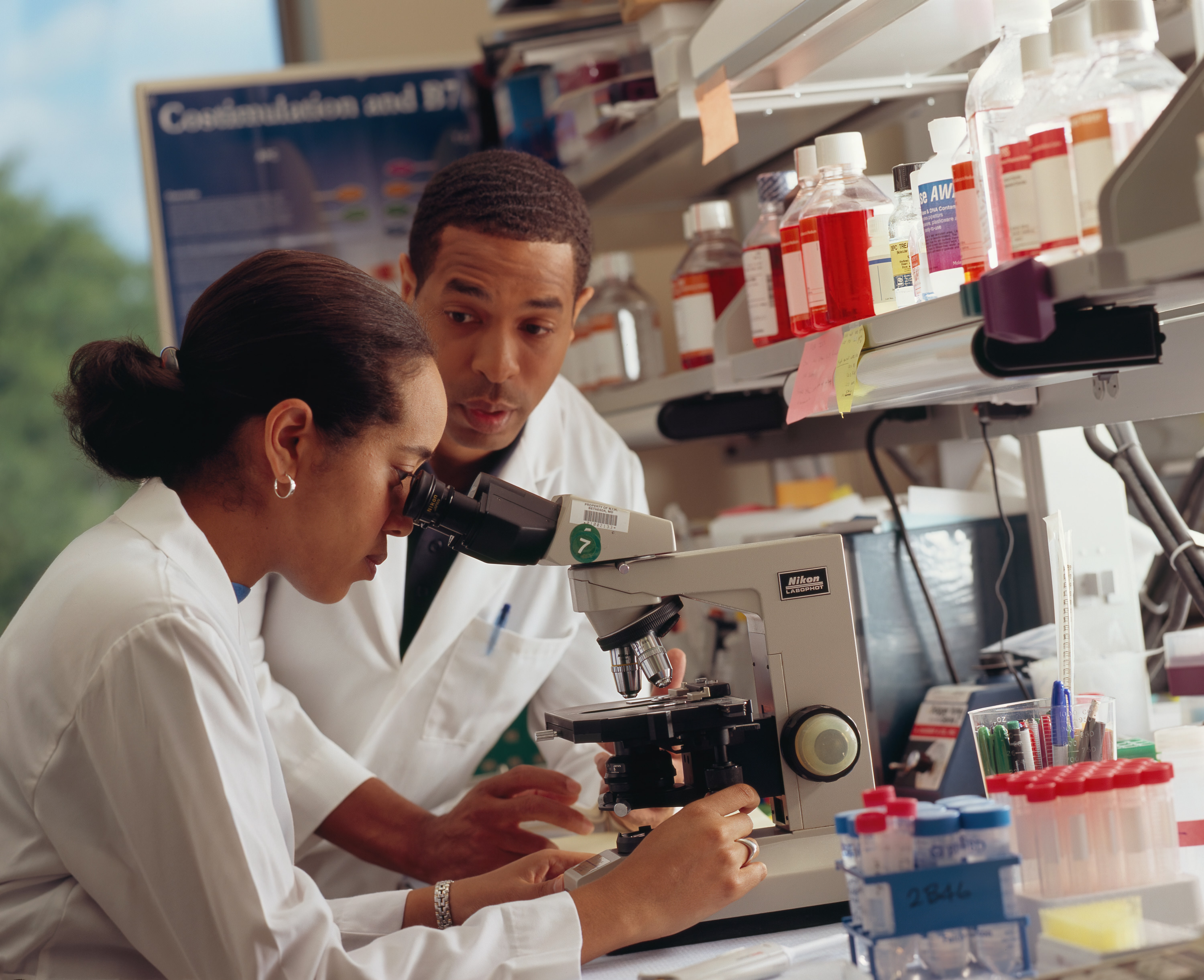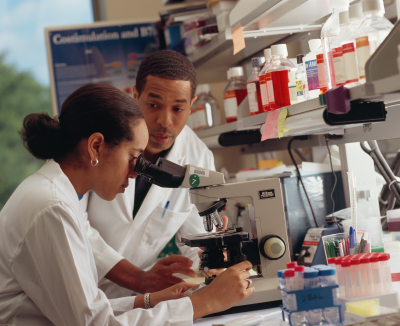Examples of biorisk management tools and mechanisms for different stakeholders highlighted in the document include the Tianjin Biosecurity Guidelines for Codes of Conduct for Scientists
In May 2022, the World Health Organization (WHO) published the background document 'Towards a global guidance framework for the responsible use of life sciences: summary report of consultations on the principles, gaps and challenges of biorisk management, May 2022'.
Among the rapporteurs there are experts that have been involved with the IAP Biosecurity Working Group:
- Kavita Berger, observer to IAP BWG, representing US NAS (and Director, Board on Life Sciences, The National Academies of Sciences, Engineering, and Medicine, Washington (DC), United States of America (USA)
- Anita Cicero, one of project leads in developing the Tianjin Biosecurity Guidelines for Codes of Conduct for Scientists (and Deputy Director, Johns Hopkins Center for Health Security, Senior Scientist, Environmental Health and Engineering, Johns Hopkins Bloomberg School of Public Health, WHO Collaborating Centre for Global Health Security, Baltimore, MD, USA)
- Alastair Hay, presenter at several OPCW-TWAS-IAP workshops on 'Policy and Diplomacy for Scientists: Introduction to Responsible Research Practices in Chemical and Biochemical Sciences' (and Professor Emeritus of Environmental Toxicology, Leeds Institute of Cardiovascular and Metabolic Medicine (LICAMM) Institute, School of Medicine, University of Leeds, Leeds, United Kingdom)
- Peter McGrath, IAP Coordinator
- Zabta Shinwari, member of our IAP Biosecurity Working group (and President, National Council for Tibb, Vice Chairman, World Commission on the Ethics of Scientific Knowledge and Technology, Treasurer, The Association of Academies and Societies of Sciences in Asia, Fellow, Pakistan & Islamic World Academy of Sciences, Association of Academies and Societies of Sciences in Asia, Islamabad, Pakistan)
As highlighted in the document in a section on biorisk management tools and mechanisms for different stakeholders,
[i]nitiatives have (...) been made to outline high-level principles to serve as references in developing or amending national or institutional codes of conduct. The most recent is the Tianjin Biosecurity Guidelines for Codes of Conduct for Scientists (...). Inspired by the Hague Ethical Guidelines developed by the Organisation for the Prohibition of Chemical Weapons, the Tianjin Biosecurity Guidelines emerged from foundational work by China and Pakistan and were developed collaboratively by InterAcademy Partnership leaders, Tianjin University’s Centre for Biosafety Research and Strategy and Johns Hopkins University’s Center for Health Security, with input from scientists from 20 geographically diverse countries.
You can download the full document here.

Photo by National Cancer Institute on Unsplash




